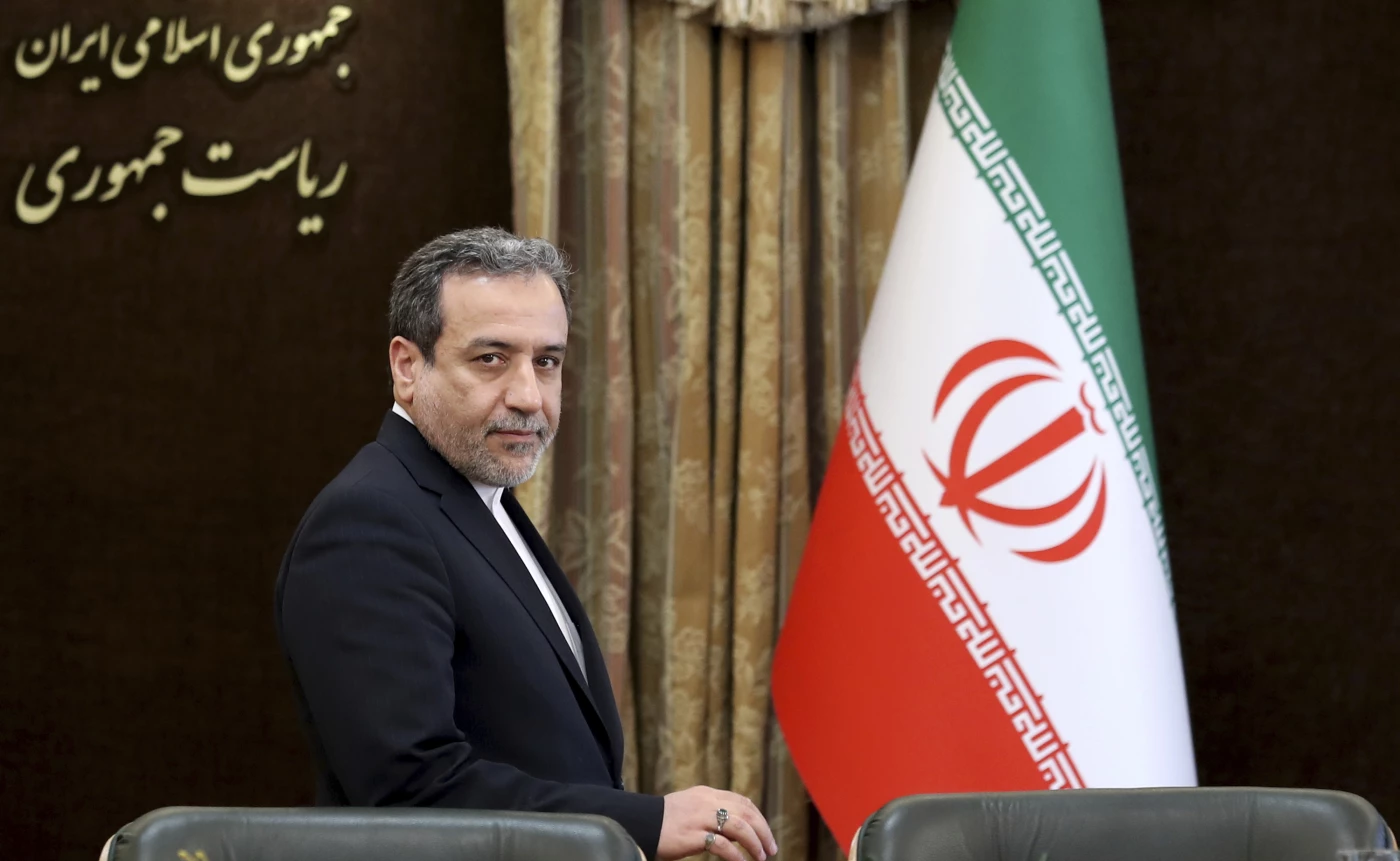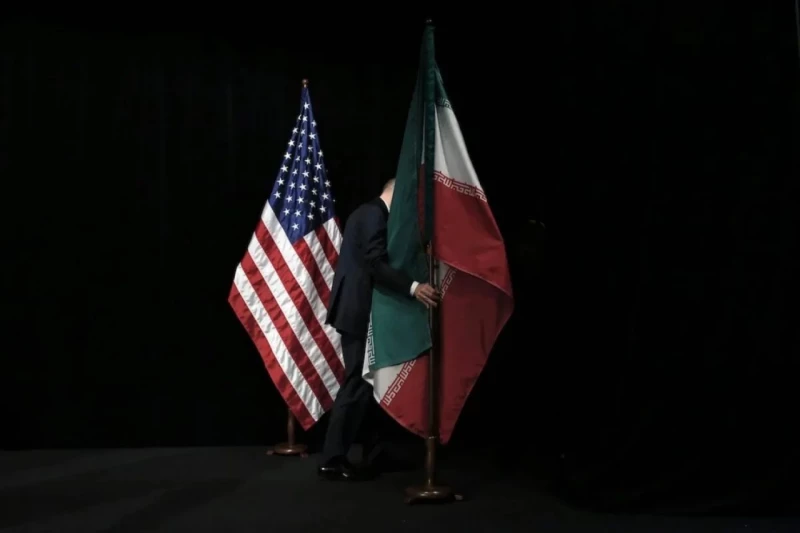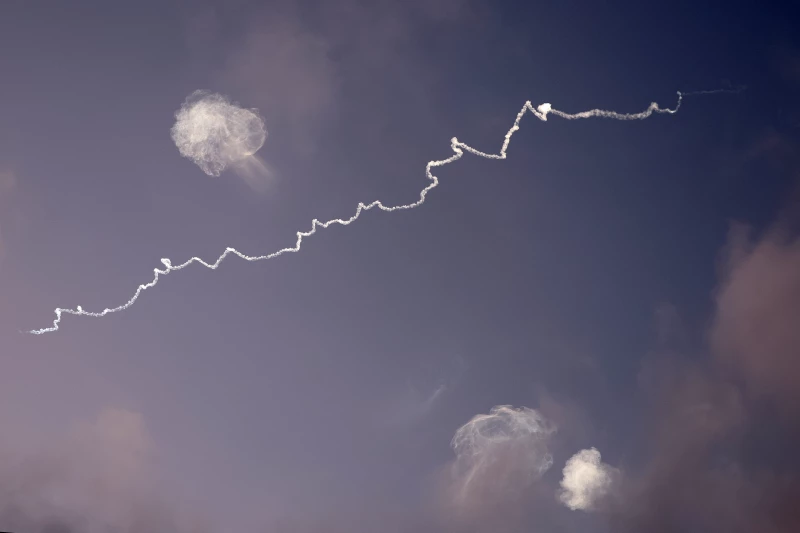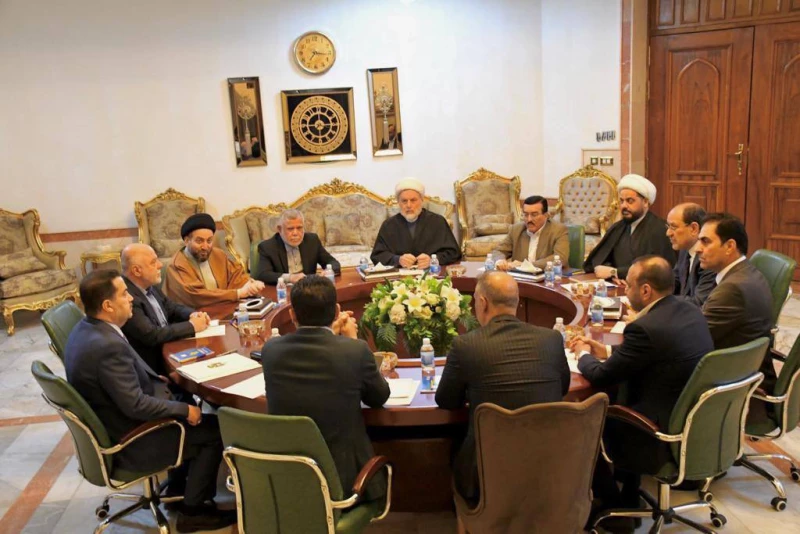ERBIL, Kurdistan Region of Iraq — Iranian Foreign Minister Abbas Araghchi said Tuesday that Tehran and the United States will hold “indirect” talks in Oman on Saturday, just hours after US President Donald Trump said they would have “direct talks” with Iran.
"Iran and the United States will meet in Oman on Saturday for indirect high-level talks," Araghchi wrote in a post on X. "It is as much an opportunity as it is a test. The ball is in America's court.”
Iranian news agency Tasnim said on Tuesday that Araghchi will hold talks with United States Special Envoy to the Middle East Steve Witkoff through a mediator.
Hours before Aragchi's statement, Trump said Washington would have “direct talks” with Iran on the nuclear issue, adding that they would have “a very big meeting.”
“Maybe a deal is going to be made, that would be really great,” Trump said.
Iranian news agency Tasnim said on Tuesday that Araghchi will hold talks with United States Special Envoy to the Middle East Steve Witkoff through a mediator.
The United States, European powers, and the International Atomic Energy Agency (IAEA) have repeatedly raised concerns that Tehran is accelerating on its path toward developing nuclear weapons.
To ensure that Iran will never get its hands on nuclear arms, the administration of Trump has been relentlessly pushing Tehran to come to the negotiating table.
President Masoud Pezeshkian of Iran said over the weekend that Tehran was "by no means" seeking a military conflict with the United States but was fully prepared to defend its sovereignty without hesitation in a phone conversation with Saudi Crown Prince Mohammed bin Salman.
In late March, Trump threatened that if Tehran does not make a deal on the nuclear issue, “there will be bombing. It will be bombing the likes of which they have never seen before.”
In early February, Trump signed a memorandum restoring his "maximum pressure" policy against Iran, which entails a series of extensive sanctions on Tehran and new economic measures to pressure the country.
In 2015, world powers agreed to ease international sanctions on Iran in exchange for curbs on Tehran’s nuclear program, a deal that came to be known as the Joint Comprehensive Plan of Action (JCPOA).
The United States, during the first Trump administration, unilaterally withdrew from the landmark and reimposed economic sanctions, causing extensive damage to the Iranian economy.


 Facebook
Facebook
 LinkedIn
LinkedIn
 Telegram
Telegram
 X
X



